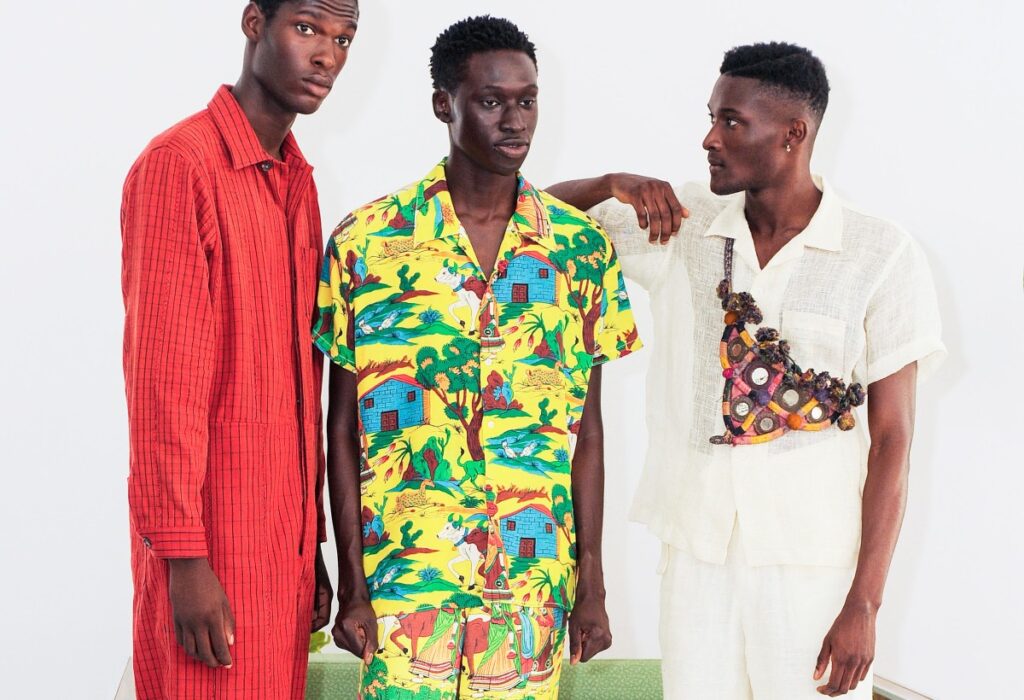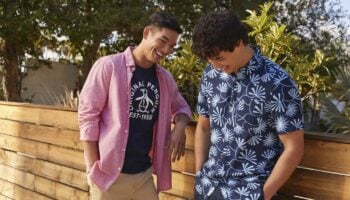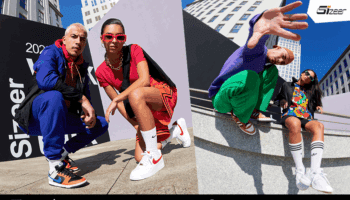Concept of BODE
Bode is a luxury menswear brand founded by designer Emily Adams Bode in 2016. The brand’s aesthetic is rooted in a nostalgia for the past, with a focus on historical techniques and personal narratives. Bode’s collections often feature intricate detailing, vintage-inspired fabrics, and a mix of workwear and vintage silhouettes.
Each piece in the Bode collection is tailor-made and tells a unique story through the use of traditional techniques such as quilting, embroidery, and appliqué. The brand’s commitment to sustainability is evident in the use of upcycled fabrics and its efforts to reduce waste in the production process.
Bode has gained a following among fashion insiders and celebrities alike, with its designs featured in top fashion publications and worn on red carpets. The brand’s approach to menswear is highly personal and narrative-driven, creating a distinctive aesthetic that blends old and new.
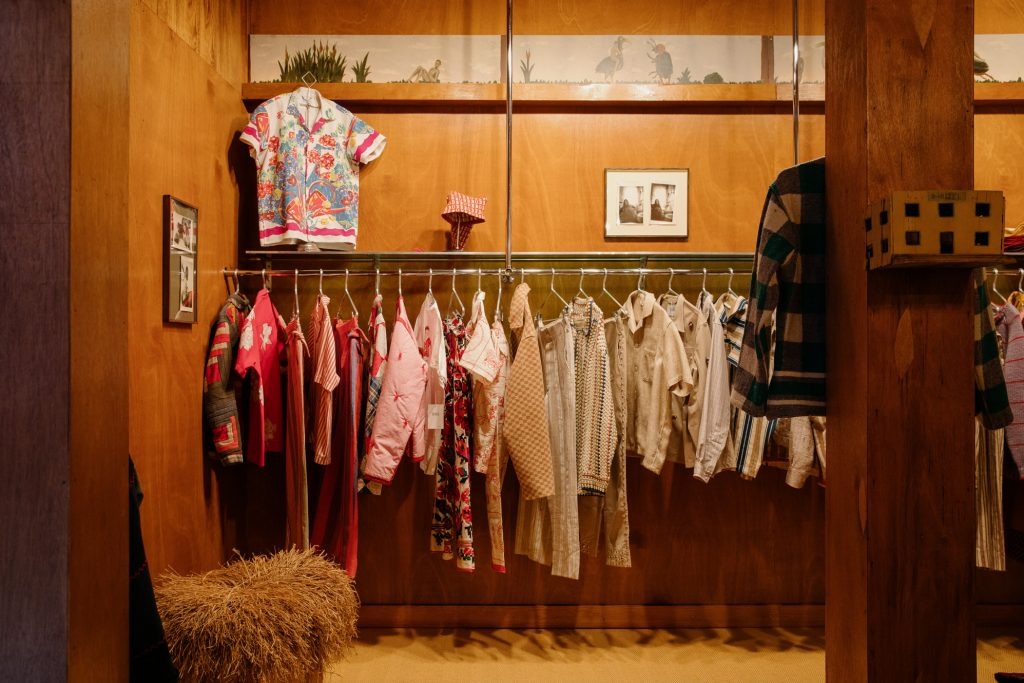
Growth of the company BODE
Bode is a relatively new company founded in 2016, so its growth has been relatively short-term. However, the brand has gained a strong following in the fashion industry and has received critical acclaim for its unique approach to menswear.
Bode has been featured in a number of high-profile publications, including Vogue, GQ, and The New York Times, which has helped to raise the brand’s profile and increase its visibility. The brand has also been worn by a number of high-profile celebrities, including Harry Styles and Mahershala Ali, which has further helped to boost its profile.
In terms of expansion, Bode has opened several retail locations in key markets, including New York City and Tokyo, and has expanded its distribution to a number of high-end retailers. The brand has also launched a women’s wear collection and has collaborated with a number of brands, including Adidas and Levis.
While the company’s growth has been relatively short-term, its unique aesthetic and strong brand identity have helped it to gain a strong foothold in the luxury menswear market and to establish itself as a brand to watch in the coming years.
Portfolio of Products and Services
As a luxury menswear brand, Bode offers a range of products and services that cater to its target market. The following are some of the main categories of products and services offered by the company:
- Clothing: Bode’s main product category is clothing, which includes a range of men’s and women’s wear such as shirts, trousers, jackets, vests, and shorts. The clothing is characterized by its unique designs, intricate detailing, and vintage-inspired fabrics.
- Accessories: Bode also offers a range of accessories such as hats, bags, belts, and scarves that are designed to complement its clothing collection. These accessories are also made with a focus on craftsmanship and attention to detail.
- Made-to-measure: Bode offers a made-to-measure service where customers can have their clothing custom-fitted to their measurements. This service allows customers to have a personalized experience and ensures that the clothing fits perfectly.
- Collaborations: Bode has collaborated with a number of brands and designers on special projects, including Adidas and Levis. These collaborations often feature limited-edition products that are designed to appeal to Bode’s target market.
- Retail: Bode has several retail locations in key markets, including New York City and Tokyo, where customers can purchase its products and experience the brand in person.
Overall, Bode’s portfolio of products and services is focused on delivering a unique and personalized experience to its customers. The brand’s focus on craftsmanship, attention to detail, and vintage-inspired designs sets it apart in the luxury menswear market.
Challenges and opportunities facing by Bode
As a relatively new company in the luxury menswear market, Bode faces both challenges and opportunities as it continues to grow and expand. Some of the main challenges and opportunities facing the brand include:
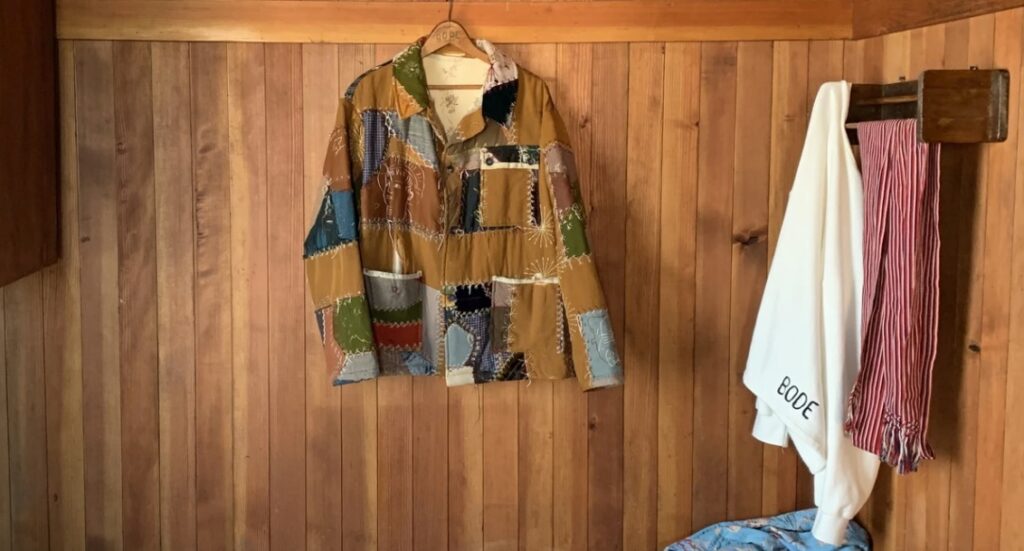
Challenges:
- Competition: The luxury menswear market is highly competitive, with many established brands vying for market share. Bode will need to continue to differentiate itself from competitors in order to stand out and attract customers.
- Sustainability: While Bode is committed to sustainability, the use of traditional techniques and handcrafted production methods can be time-consuming and resource-intensive. Balancing the brand’s commitment to sustainability with the need for efficiency and profitability could be a challenge.
- Production Capacity: As a made-to-measure brand, Bode’s production capacity is limited. Maintaining the high level of craftsmanship and attention to detail that the brand is known for while scaling up production to meet demand could be a challenge.
Opportunities:
- Brand Recognition: Bode has gained a strong following in the fashion industry and has received critical acclaim for its unique approach to menswear. Continued exposure in high-profile publications and collaborations with other brands and designers could help to further raise the brand’s profile.
- Expansion: Bode has already expanded its retail presence to key markets such as New York City and Tokyo, but there is potential for further expansion into new markets and product categories.
- Sustainability: Bode’s commitment to sustainability is increasingly important to consumers, particularly in the luxury market. The brand’s use of upcycled fabrics and handcrafted production methods could help it to stand out and attract customers who prioritize sustainability.
- Personalization: Bode’s made-to-measure service and focus on personal narratives and historical techniques creates a sense of exclusivity and personalization that is highly valued by luxury consumers. Capitalizing on this trend could help the brand to differentiate itself from competitors and attract a loyal customer base.
Overall, Bode’s commitment to craftsmanship, sustainability, and personalization provides both challenges and opportunities for the brand as it continues to grow and expand in the luxury menswear market.
Bode’s commitment to sustainability
Bode has made a strong commitment to sustainability, which is reflected in the brand’s approach to design, production, and materials. Here are some of the ways in which Bode is demonstrating its commitment to sustainability:
- Upcycling: Bode sources vintage and deadstock fabrics for its designs, which reduces the environmental impact of producing new fabrics. By repurposing existing materials, the brand is able to reduce waste and conserve resources.
- Handcrafted Production: Bode’s designs are made using traditional techniques such as quilting, mending, and appliqué, which require skilled artisans and reduce the need for industrial machinery. This approach helps to minimize energy consumption and reduce the carbon footprint of the brand’s production process.
- Local Sourcing: Bode sources many of its materials from local suppliers, which reduces the carbon footprint associated with transportation and supports local economies.
- Reduced Waste: Bode uses leftover materials from previous collections to create new designs, reducing waste and creating a closed-loop production system.
- Low-Impact Packaging: Bode uses eco-friendly and recycled materials for its packaging, including compostable bags and boxes made from recycled paper.
- Transparency: Bode is transparent about its production process and materials, providing customers with information on the origin and composition of its fabrics and the production methods used to create its designs.
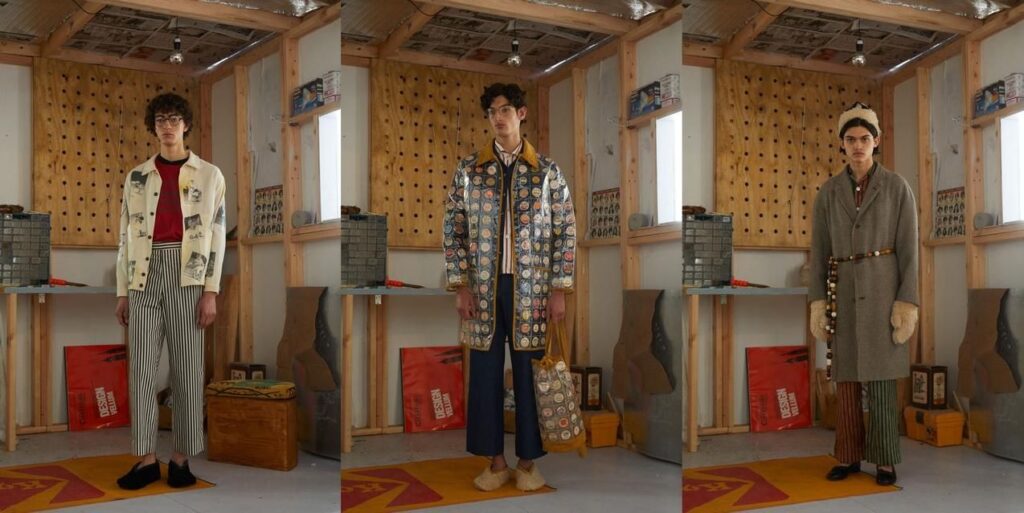
Overall, Bode’s commitment to sustainability is an important aspect of its brand identity and sets it apart from many other luxury menswear brands. By using upcycled fabrics, traditional techniques, and local sourcing, Bode is able to create unique and high-quality designs while minimizing its environmental impact.

